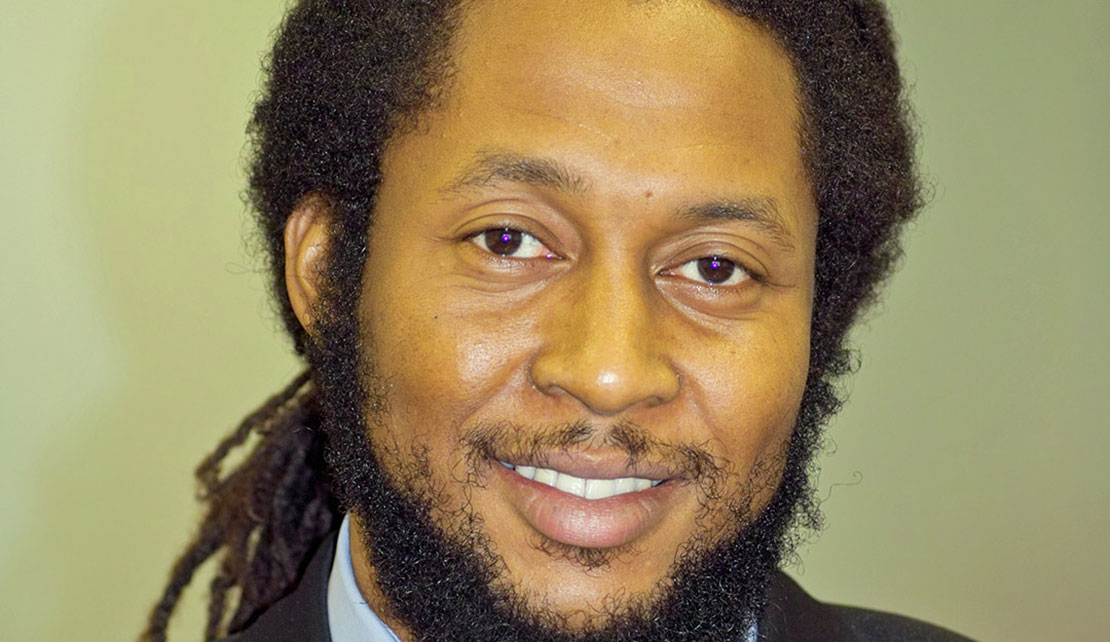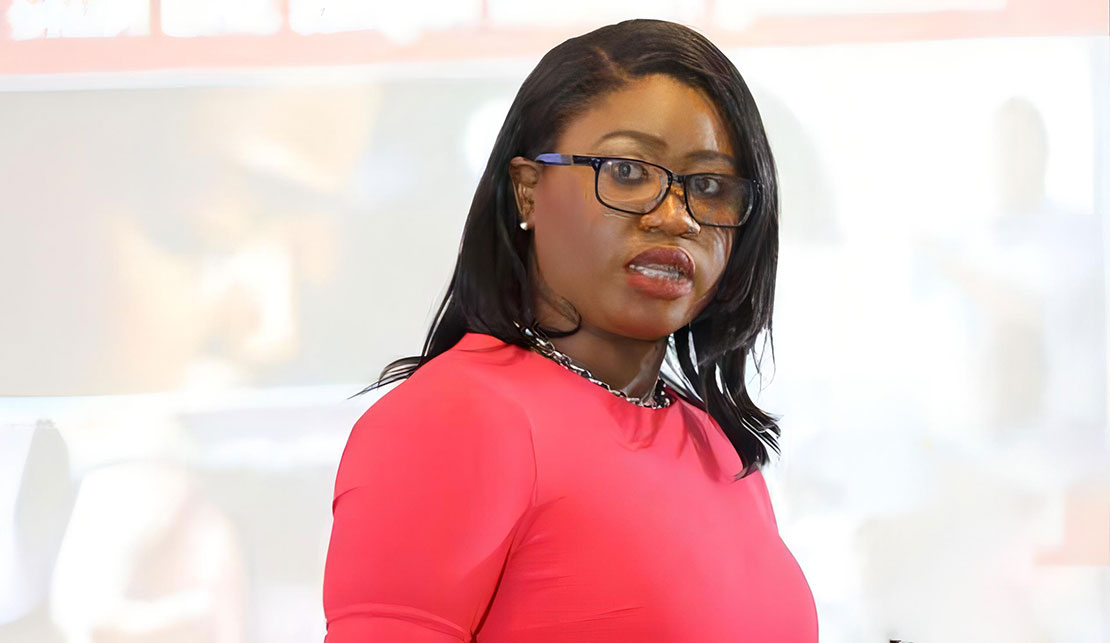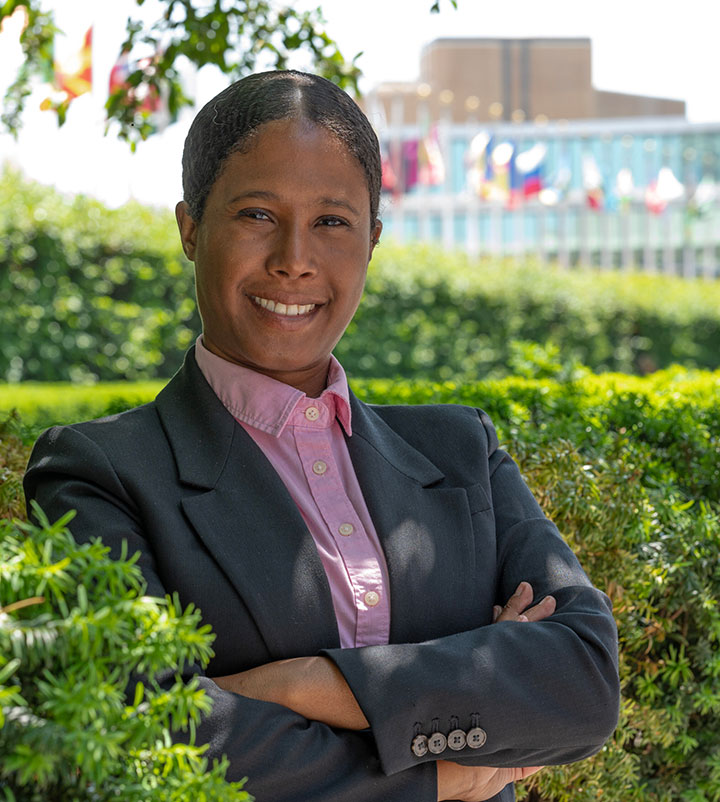JAMAICA | Attorney Marcus Goffee concerned about treatment of Haitian women in police custody

KINGSTON, Jamaica, December 17, 2023 - Yet another Jamaican attorney has raised alarm about the poor treatment of Haitians who seek refuge in Jamaica by both the police and the responsible government entities.
This time, concerns are being raised about the treatment and possible fate of three Haitian women who are in police lock-up in Bridgeport, St Catherine, one of whom is said to be married to a Jamaican and is pregnant.
Attorney at Law Dr Marcus Goffe on Saturday told Radio Jamaica News that the women have been in lock up since last week and that the children involved have been placed in the care of the state.
He said the women have not been allowed to have contact with legal counsel since Tuesday, following the intervention of the Passport Immigration and Citizenship Agency.
He is insisting that the women are being unfairly treated because they are Haitians.
Dr Goffe contends that the Jamaican Government has crossed the line in its treatment of Haitians who are found in this country.

Malene Alleyne, attorney and founder of the human rights organization Freedom Imaginaries, has been vocal in opposing the Jamaican Government's stance of not treating Haitians who land onour shores as refugees. In a recent statement on "Beyond the Headlines," Alleyne highlighted the desperate situation of Haitian migrants and asylum seekers.

Refugees are given a special status in recognition of the fact that they have lost the protection of their own country.
However, National Security Minister Dr. Horace Chang has defended the government's rapid repatriation policy, arguing it's a necessary measure against a significant human trafficking ring operating between Jamaica and Haiti.
In a recent interview with Radio Jamaica News, Dr. Chang dismissed claims of due process neglect, asserting that the government is diligently adhering to international law while protecting national security. "We are in a challenging position, balancing our humanitarian responsibilities with the imperative to safeguard our borders against illegal activities," Dr. Chang stated.
Human rights advocates maintain that under the international convention, refugees ought to be afforded a range of rights as soon as they arrive in a country seeking asylum.
These rights include, but are not limited to, the right to non-discrimination, the right to work , freedom of religion , the right to housing , the right to not be penalized for illegal entry, the right not to be expelled from a country unless the refugee poses a threat to national security or public order, and the right not to be sent back to a country where their life or freedom would be threatened (i.e. the principle of non-refoulement) .
According to Alleyne, the plight of Haitians in Jamaica starkly contrasts with their treatment in other countries, raising questions about the fairness and equality of the current policies.
While countries like Guyana have collaborated with United Nations agencies to provide protection services to Haitian migrants, in Jamaica, the response has been markedly different.
Alleyne points to the effectiveness of refugee status determination procedures in other nations, like for Ukrainian refugees, as a model that could be adopted for Haitians.
-30-
